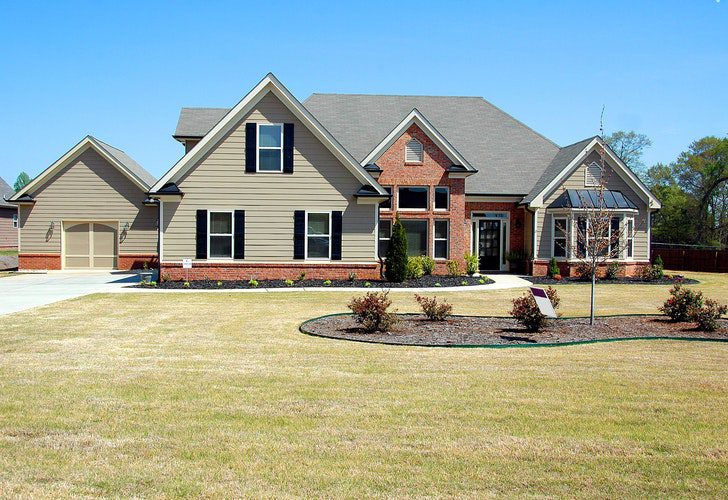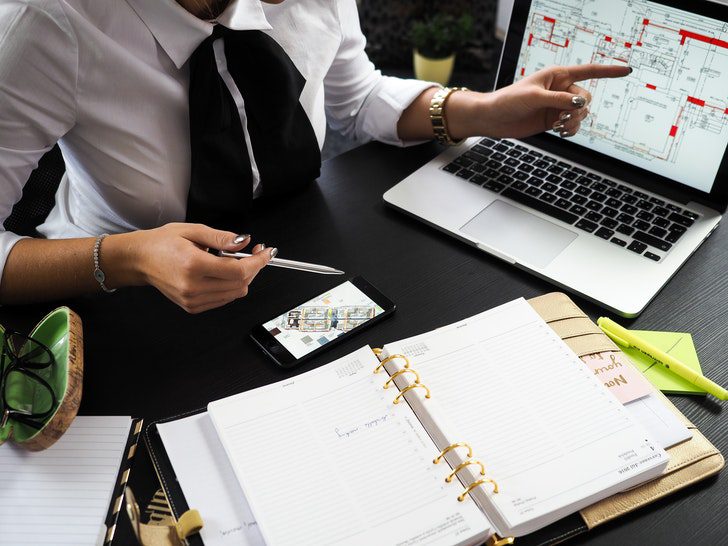First, buying a second home takes some financial planning, starting with creating a savings budget. Your first home buying experience may have taught you that you’ll need cash for a down payment and closing costs, as well as money set aside to help with things like maintenance and repairs but the numbers may look very different for a second home.
Check the numbers

First things first: Consider whether you have the down payment you need and if you can afford to take on a second home mortgage. Do you have a stable income and a cash reserve? Keep in mind the additional expenses of owning a second home, such as property taxes, insurance, maintenance, repairs, furnishings, and property management fees. The tax implications of a second home largely depend on the type of property you buy and how you use it. Consult a tax professional for guidance on how a second home purchase could affect your taxes since you may be eligible for mortgage interest deductions. Learn more about preparing your finances and the other stages of the homebuying process.
Don’t Try to Time the Market
Don’t obsess with trying to time the market and figure out when is the best time to buy. Trying to anticipate the housing market is impossible. The best time to buy is when you find your perfect house, and you can afford it. Real estate is cyclical; it goes up, goes down, and goes back up again. So, if you try to wait for the perfect time, you’re probably missing out.
Go Under Budget
Always figure out your budget. Use a calculator that considers interest rates, loan terms, and down payments to help you find your price range. Your best bet is to look at homes on the lower end so that you have a buffer for surprise expenses, like any modifications you may hope or need to make. Build-in room for extras like utility bills, repairs and maintenance, property taxes and homeowners insurance. Commuting costs may go up, too, depending on where you work and where you want to live.

Consider your goals
Maybe you want a vacation home to visit on weekends, holidays or in the summer. Or you’d like to live in the home when you retire or pass it on to your children. Owning a second home may come with perks, like potential tax write-offs, depending on how you use it. But a second home for vacations is very different from an investment property you buy to generate income. That difference can affect your finances, including the taxes you owe on the property and the type of insurance coverage you need.
Bottom line

Dreaming of a second home or summer home is exciting, but instead of asking yourself whether you want a second home, ask yourself if you should. First and foremost, run the numbers. A second home might be well within reach, but consider all of the costs before making such a large financial commitment.
